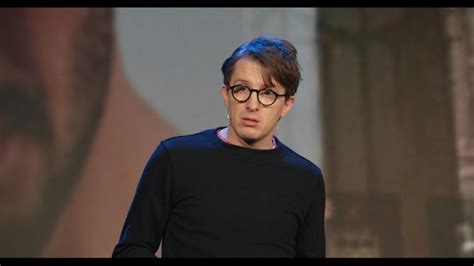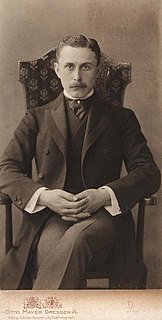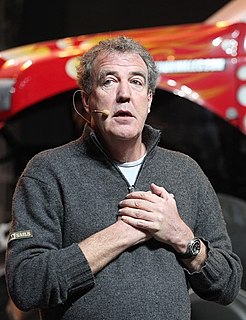A Quote by Stanley Greene
For me what was amazing was consumerism of people survived after Katrina. You see in a yard that the SUV is gone but they left the Ferrari or the more expensive car because it just wasn't practical. They couldn't get all their stuff in it. So you see this beautiful car totally destroyed; motorcycles. You walk into these houses - we were with the New Orleans police when they would go into the houses - we'd go through these houses and we were just amazed at how much stuff that had been accumulated and how much was left behind.
Related Quotes
It is a dreadful thing to see the dead city. Next to the port I found children, women, the old, waiting for a way to leave. I entered the houses, there were houses where the coffee and pita bread were left on the table, and I could not avoid [thinking] that this, indeed, had been the picture in many Jewish towns [i.e., in Europe, during World War II].
The oyster was an animal worthy of New Orleans, as mysterious and private and beautiful as the city itself. If one could accept that oysters build their houses out of their lives, one could imagine the same of New Orleans, whose houses were similarly and resolutely shuttered against an outside world that could never be trusted to show proper sensitivity toward the oozing delicacies within.
I went to see my mother the other day, and she told me this story that I'd completely forgotten about how, when we were driving together, she would pull the car over, and by the time she had gotten out of the car, and gone around the car to let me out of the car, I would have already gotten out of the car and pretended to have died.
Brantford was the fixed point of my universe, growing up. Both sets of grandparents lived there, with various cousins and uncles and aunts, and no matter how far we'd moved off, we came back there for regular visits. In a way no other houses have ever been, my grandparents' houses were 'home,' and the sale of the last of those houses was hard.
It was the first time I was looking, really, right after the storm, that I saw maybe the amount of devastation that had happened in the Lower Ninth Ward. Where my friends lived, which was about six blocks from where the industrial canal was, houses was smashed into houses, and there were, like, four houses smashed together.
If you take a walk around Ouagadougou and make a list of the mansions you see, you will note that they belong to just a minority. How many of you who have been assigned to Ouagadougou from the farthest corners of the country have had to move every night because you've been thrown out of the house you have rented? To those who have acquired houses and land through corruption we say: start to tremble. If you have stolen, tremble, because we will come after you
I go on the bus, I walk. A friend left his car recently at my house and I took it out one day just for 15 minutes and it was terrible. You know why? I felt like I was back in LA again. Four or five years ago, when I had a car and I had been out of the city I wouldn't feel I was back until I got in the car, you know. But now I feel off the grid. I feel that I am not part of the culture. And because I don't have a car I don't really go anywhere to buy things. In fact, I have been in a slow process of selling and giving away everything I own.
Ask yourself whether our language is complete--whether it was so before the symbolism of chemistry and the notation of the infinitesimal calculus were incorporated in it; for these are, so to speak, suburbs of our language. (And how many houses or streets does it take before a town begins to be a town?) Our language can be seen as an ancient city: a maze of little streets and squares, of old and new houses, and of houses with additions from various periods; and this surrounded by a multitude of new boroughs with straight regular streets and uniform houses.
We were always told we were one step behind Deep Purple, one step behind Led Zeppelin, one step behind everybody. Our manager didn't want to let us know how popular we were. It's only after we did Ozzfest that people started telling me stuff. I thought they were taking the piss. People would come up to me and go, "Respect."
It’s what non-car people don’t get. They see all cars as just a ton and a half, two tons of wires, glass, metal, and rubber, and that’s all they see. People like you or I know we have an unshakable belief that cars are living entities… You can develop a relationship with a car and that’s what non-car people don’t get… When something has foibles and won’t handle properly, that gives it a particularly human quality because it makes mistakes, and that’s how you can build a relationship with a car that other people won’t get.

































